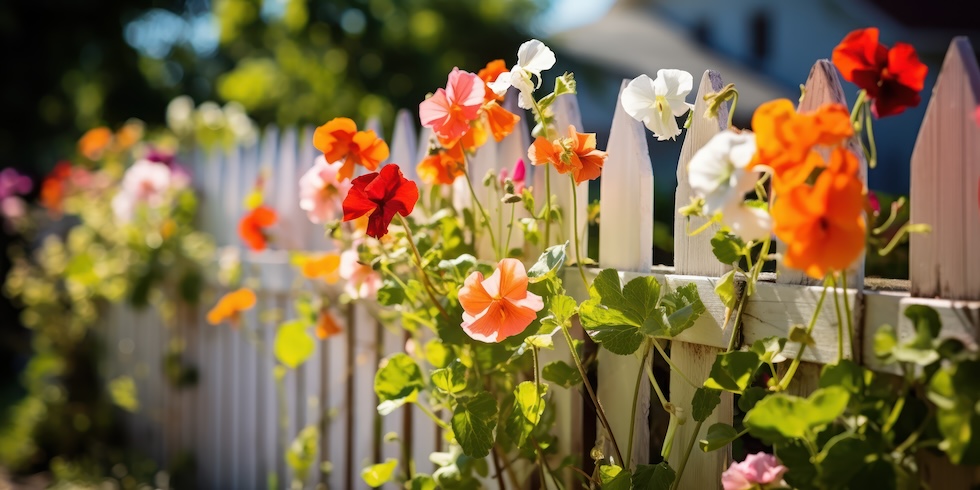Flooding can create major water damage in your home. And fixing it can be a pricey affair. Heavy thunderstorms and flash floods can be the cause behind your home getting immerse in water. Also, manmade accidents line damaged appliances, plumbing issues, and bursting pipe can cause indoor flooding.
Most of the time, it is possible to prevent much of the damage with some fixing in advance. However, if water damages remain unchecked for the long term, they can dangerously contribute to structural damage to your home.
It can lead to foundation problems along with other issues. A damp piece of wood in a few days can attract ants, termites, or else cause molding.
Any leaking pipe will cause the formation of mildew or molds on walls, damaged floors. Therefore, it is an important step to address water damage as quickly as possible.
Otherwise, it can elevate health hazards. But how can you prevent damage before it goes out of handle, causing you to splurge more to fix the damages later? Here are a few water damage risk reduction tips:
Check Water Appliances Regularly
You must check the appliances that require a water supply to find out any leaks. These water appliances don’t cover any maintenance in most of the insurance policies of homeowners. Therefore, it’s time to upgrade your hoses like a washing machine and replace them regularly to avoid water loss and damage.
Inspect your water heater, fridge, attic, and AC unit for maintenance of the appliances. Does your fridge have a water dispenser or ice maker? Then don’t forget to check the water line hose that’s between the wall and refrigerator. Check whether there are signs of any leaks.
If your AC unit is working overtime during the summer months, you would want to give it proper maintenance to prevent leaks or water damage. Your water heater requires inspection annually. Are there any slow leaks, rust, water pooling? You can consider any upgrading with an on-demand water heater or tank.
If your attic feels humid, then you must check why? It’s the perfect environment for mold growth. Water saturates the woods, creating conditions for mold growth and spread. It can be hazardous to your health. For more details, check my site.
Inspect Drains And Sinks
Your sinks and drains should be in excellent condition. So, prevent yourself from pouring cooking grease on sinks or drains. Whether you are flushing it with hot water or cold water, it doesn’t matter.
Over time the grease will coagulate and cling to pipes, causing severe blockages and prevent water flow. Also, stay away from chemical drain cleaners. Even though they are a convenient solution to unclog your drains and sinks, they can eat away your pipes and cause leaks. So, regularly clean the drains and sinks.
Shut Off Water Main While Away
If you are leaving your home for a prolonged period, like on vacation or for your work-related tour, shut off the water main. During such trip, your home may be empty for a few days or weeks.
It means no one will be there to take care in case of water leaks from the water system. But it can create colossal damage by the time you come back, or someone else notices. Therefore, it is a wise decision to turn off the water main to help prevent accidents from unattended water flow.
Know About Water Shut-off Valves
Do you know the whereabouts of the water shut-off valves? It is important to know, especially during a flood emergency. The water shut-off valves can shut off the water supply to the whole house, hot water shut-off of the water heater. Apart from that, it stops water that leads from valves to clothes washer and dishwasher.
So, any time you are experiencing a flood situation, shut-off the valves. Don’t forget to shut off the valves yearly to ensure that they are working well. Check my site for more details about water damage prevention and cure.
Installation Of Leak Detectors
For detecting water leakage or flooding and setting off the alarm to get notified about it, you need leak detectors. The latest leak detectors come with features like phone alerts, smart home integration, Wi-Fi capabilities, and temperature sensors. These leak detectors are of two categories: area detectors and spot detectors.
An area detector uses sensor wires for spotting floods, covering an extensive area. However, a spot detector requires contact with water or any moisture for setting off the alarm and signal for water leakage.
In the market, two types of flood alarms are giving each other head-on competition- active alarms and passive alarms. So, you can install a passive alarm on the high-risk areas of potential flooding.
These alarms go off as the sensors get wet. There’s a downside of these passive alarms- they can’t shut off the water system automatically.
Water Flow Monitoring System Installation
For measuring the flow of water, you will need a water flow monitoring system. The system has to be attached to the water main to show you the measurement. In few circumstances, if the system detects the inconsistent water flow, it can immediately stop the water flow automatically.
You have to install the device beside your primary water line, and there’s no need for pipe cutting. Using ultrasonic technology, the system can identify any leaks early, preventing severe water damage.
When you have a high-quality water flow monitoring system, it keeps your water bill low, improving water efficiency. Now, most of the water flow monitoring system provides real-time data via smartphone or computer. It can tremendously help us with benchmarking efforts, water notifications, and water usage.
Pressure Gauge For Measuring Water Pressure
With a water pressure gauge, you can measure water pressure. The instrument is around for over a century. It comes up with a pipe or hose, a dial indicator, and a threaded nut. If you don’t own a pressure gauge, then you must invest in one as soon as possible.
Investing in a water pressure gauge is a clever step for reducing the risk of water damage. Over-pressured plumbing can cause human-made flooding issues in the home.
Water pressure helps water to run through the water system. If you don’t have pressure gauges, you won’t be able to predict the water pressure, and it can overflow. The gauges ensure that your water system doesn’t have any leaks or wrong pressure.

















Add Comment